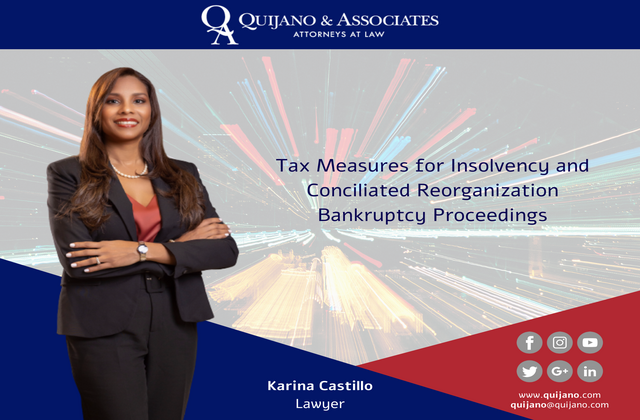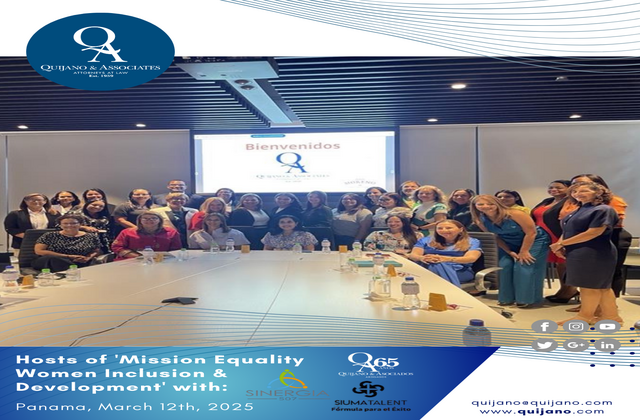Tax Measures for Insolvency and Conciliated Reorganization Bankruptcy Proceedings

Currently, Panama has two regulations that regulate the subject in question, Law No. 12 of May 19, 2016, which establishes the insolvency bankruptcy proceedings and Law 212 of April 29, 2021, which establishes a special regime for the Conciliated Reorganization proceedings carried out as a result of the National Emergency due to the COVID-19 pandemic, both seek the protection of credit and creditors, by means of an agreement that allows an orderly payment while guaranteeing the recovery and preservation of the efficient company.
However, within the reorganization plan proposed by the debtor, as part of the process, certain reductions, write-offs, debt forgiveness and/or discounts in its favor are contemplated, which must be approved by the Board of Creditors.
In view of these reductions, write-offs, debt forgiveness and/or discounts, on June 2, 2022, Law No. 306 of June 1, 2022, was enacted, which establishes certain tax measures applicable to these Insolvency and Conciliated Reorganization Bankruptcy Proceedings.
These measures consist of the possibility of crediting to a retained earnings account, the reductions, reductions, debt forgiveness, discounts or any other type of benefit received by the debtor taxpayer as debt reduction, as a consequence of the agreements that such debtor executes with its creditors.
In such manner, benefits received that are credited on the retained earnings account will not be included as part of the debtor taxpayer’s gross income. As a form of reciprocity with creditors, the latter will not lose the right to deduct uncollectible accounts.
In addition to what is stated in Article 2 of Law No. 306 of June 1, 2022, it provides that the retained earnings mentioned in the first article will be exempt from the Dividend Tax referred in Article 733 of the Tax Code and, in addition, will be excluded for purposes of the calculation or determination of the taxable base of the Tax on Notice of Operation of companies
This Law, considered of public order and social interest, will have retroactive effects until January 2, 2017, and will be in force as from its enactment.




